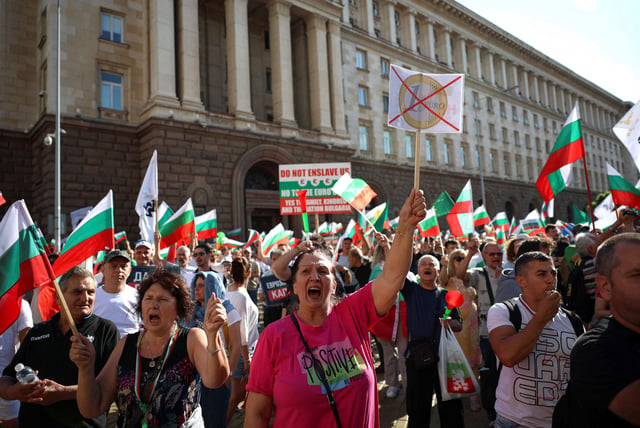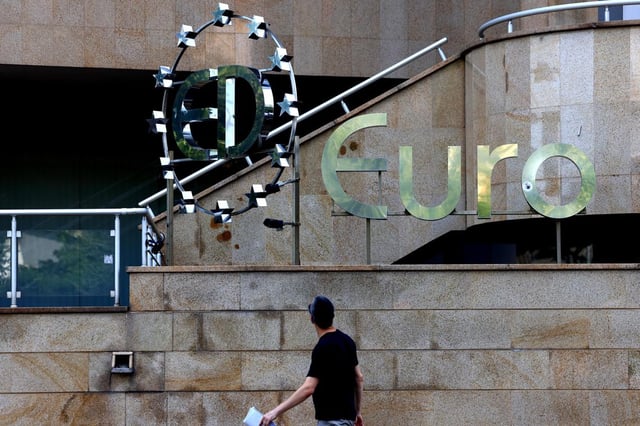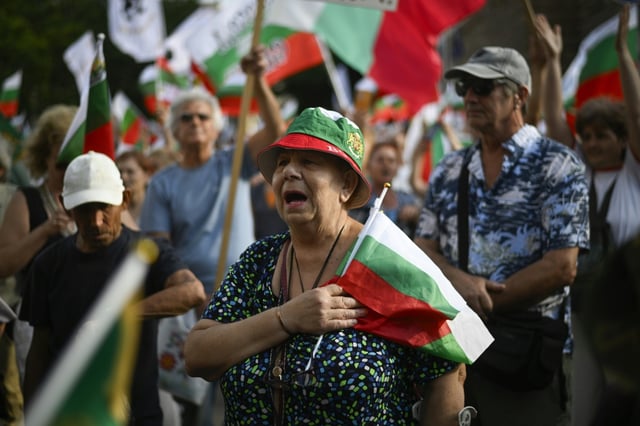Overview
- On July 8, EU finance ministers formally approved Bulgaria’s accession to the eurozone on January 1, 2026, making it the single currency area’s 21st member and fixing the conversion rate at 1.95583 lev per euro.
- The European Commission and European Central Bank confirmed Bulgaria met all convergence criteria after reporting an average 12-month inflation rate of 2.7 percent through April 2025, just below the reference threshold.
- Roughly half of Bulgarians oppose the switch over fears of rising prices, and protesters have maintained a camp in Sofia near the presidency and the Bulgarian National Bank since June.
- President Rumen Radev’s proposal for a referendum on euro adoption was rejected by the Bulgarian Parliament, while far-right parties have harnessed euro skepticism to advance anti-EU narratives.
- Proponents including EU economy chief Valdis Dombrovskis and Prime Minister Rossen Jeliazkov say the euro will bring lower borrowing costs, increased investment and deeper integration with the bloc.


